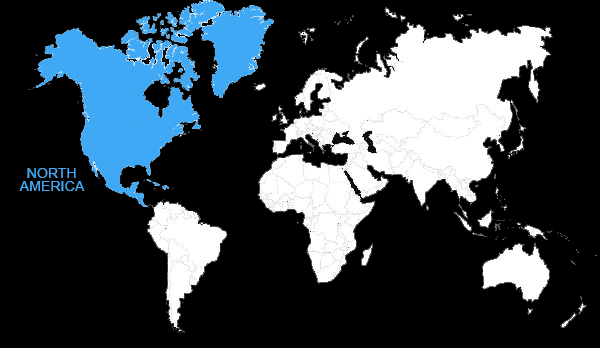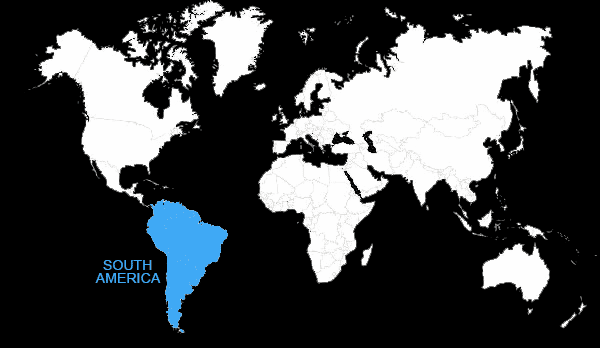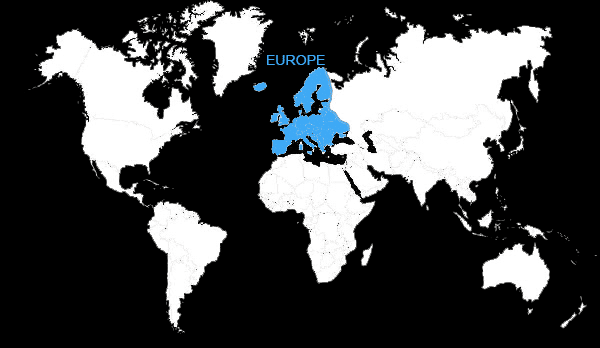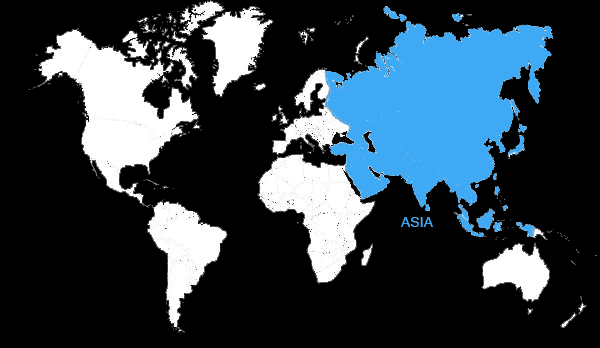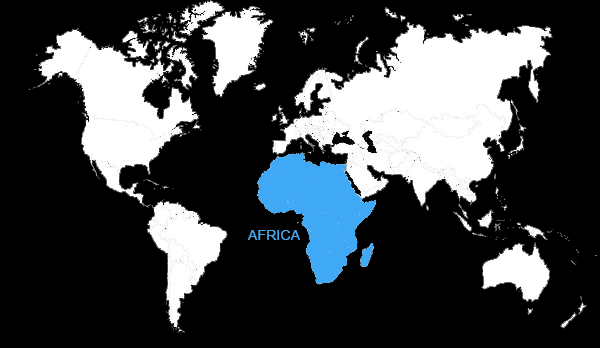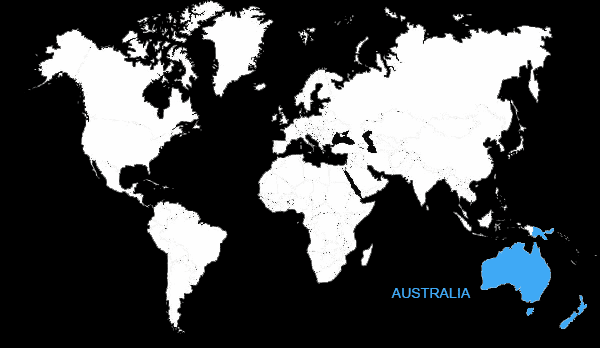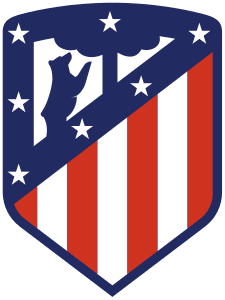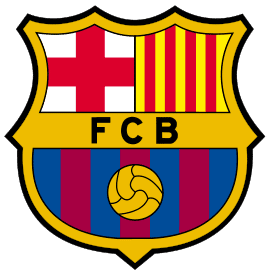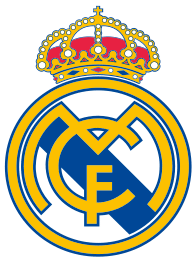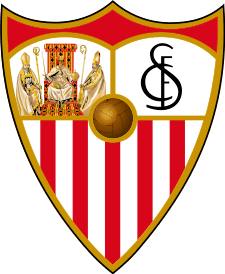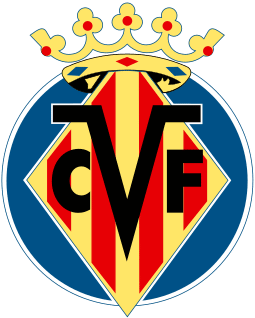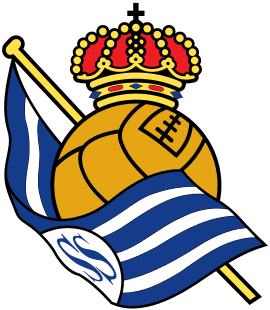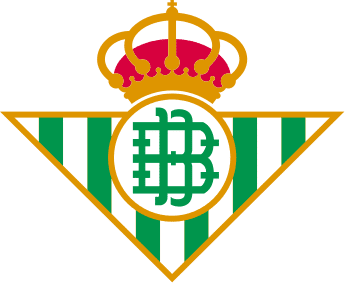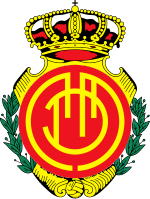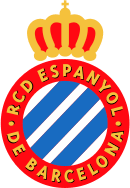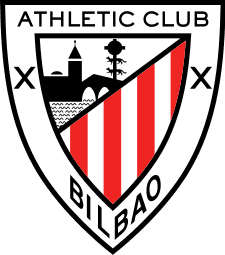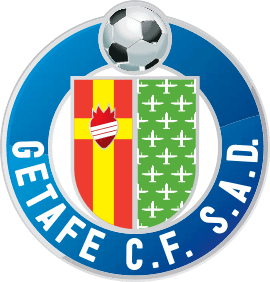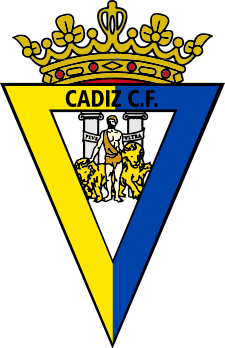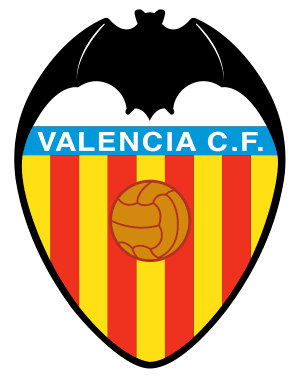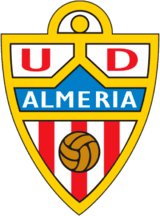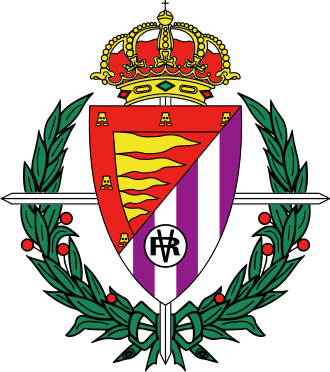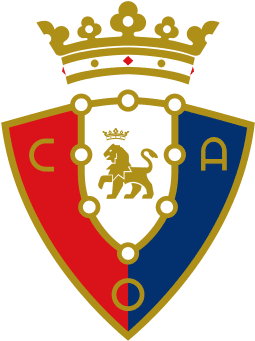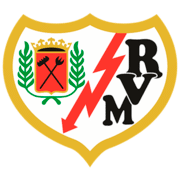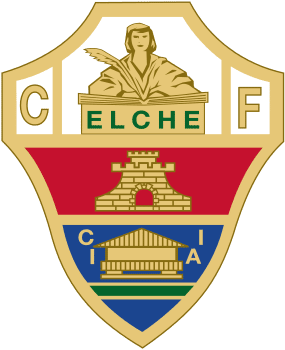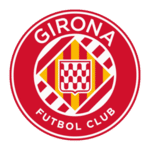Real Oviedo Tryouts & Club Guide: History, Stadium, Players, and More!

Welcome!
Discover the world of soccer with fcscout.com, your go-to scout for club tryout information, club guides, player profiles, in-depth product reviews, and more. We’re dedicated to exploring and revealing the best in each domain, empowering you with knowledge to make informed choices.
Thank you for being here!
Hi, I’m Carlos! A coach, sports enthusiast, and the founder of FCScout.com.
I fell in love with the game at a very young age like many of you. I’ve been following and playing soccer for many years.
Throughout my career, I always enjoyed helping soccer players chase their dreams, which is why I started this website. I wanted to reach a larger audience outside of my local area and fcscout.com was born.
This website is a platform I will be using to update club pages on any tryouts, stadiums, players, tech, and more from clubs around the world. I also create free recruitment profiles for players looking to have that extra competitive edge when reaching out to clubs.
That’s it. That’s my pitch for you to stick around (or browse the site as you please).
This is already too much text for a “see more” drop-down button thing. If you want to reach out to me, head on over to my contact page 🙂

Real Oviedo is a Spanish professional football club in Oviedo, Asturias, Spain. The club competes in the Segunda División, the second tier of Spanish football.
Real Oviedo Youth Development System
The Real Oviedo Soccer School is a project created with the aim that all boys and girls have the
opportunity to play soccer and train with the methodology of our youth academy, wearing our colors and feeling part of the Club. We offer your children training and education in values such as respect, discipline, tolerance, generosity, camaraderie and teamwork.
During the 21/22 season, the School has continued its growth with more than 225 boys and girls divided into 20 teams of 5 categories (2017 to 2009) and showing a resounding enrollment success by seeing the maximum quota completed in all ages. The plan does not stop for the next season, in which the number of futsal teams and the number of children’s teams will be increased.

In the field of sports, the Escuela Real Oviedo is establishing itself as a training benchmark at a regional level, covering the entire stage of initial development that starts from the earliest ages of initiation (4-5 years), up to adolescent age categories in which which gives way to training periods more focused on competition.
At the end of the entire process, the player will have experienced a continuous progression of their skills and specific knowledge, as well as in educational aspects and healthy habits, thus completing the entire formative stage and acquiring a solid foundation to focus the process of evolution towards competitive performance.
Real Oviedo School Methodology
Our young players are trained following the work methodology implemented in our youth academy; a structured training plan, adapted by age and initiation level of the different groups, which our coaches are in charge of applying in each training session.
Our responsibility is to optimize the integral development of our young players, so that at each stage they have the necessary tools to achieve the highest levels throughout the training process. All this prioritizing the recreational component and leaving the competitive aspect in the background, without making assessments based on individual or collective performance. The objective is to offer not only football training, but sports education.
We set some guidelines in the work methodology that we consider key for the formation of the player and from which the entire plan is developed:
- Capital importance of the ludic factor.
- Prioritize technical training.
- Homogeneous groups.
- Levels adapted to the degree of initiation (by teams).
- Initiation to basic concepts of the game from the age of 4 (progressive teaching).
- Use competition in a healthy way for teaching (learning to compete).
- Understand the game and the competition. Know how to win and lose.
- Prioritize training over results.
- Never judge individual and collective performance by results in competition.
- Promote healthy habits.
- Form people.
- Foster camaraderie, respect, equality, discipline,… Sports values.
180 children are playing in the Real Oviedo youth system that is divided into the following teams:
- Real Oviedo Vetusta
- Juvenile A
- youth B
- Cadet A
- Cadet B
- Infant A
- Infant B
- Fingerling A
- Fingerling B
- Benjamin A.
- Benjamin B.
- Pre-Benjamin A

Real Oviedo Sports City El Requexón Training Complex
In 1969, the then president Enrique Rubio Sañudo, acquired the first land (a farm on the border of the municipality of Oviedo, separated by the Nora river from the neighboring councils, Llanera and Siero). During the presidency of José María Velasco, the first soccer field was built on this stage, with the aim of making it the training ground for the first team.

In the 1980s, the second soccer field was built on the land of El Requexón, at the time when José Manuel Bango directed the entity. During the period in which Eugenio Prieto held the presidency of the club, an expansion of 13,000 square meters was carried out, improving the facilities with a third field (synthetic grass), new changing rooms and other facilities. After the acquisition of another 14,000 square meters, the last major reform was undertaken at the beginning of the 21st century: together with the construction of two new fields, a total remodeling began so that “El Requexón” would respond to the needs of all the teams. of the lower categories of the entity.
Real Oviedo INSTALLATIONS
– Total area: 80,447 square meters.
– Five soccer fields (four of natural grass and one of synthetic grass).
– Specific training areas and acceleration tracks.
– Finnish track.
– Main building with changing rooms for all teams, gym, medical units, warehouse and laundry.
– Public building with press room, multipurpose room, cafeteria and other services.
– Parking area.
Real Oviedo Municipal Sports Facilities “Tensi” Training Complex
On April 1, 2013, the Oviedo City Council ceded the “Tensi” sports facilities, located in the “La Pixarra” complex, to Real Oviedo. In this way, the teams of our lower categories will be able to train daily on a synthetic surface, thereby increasing the level of training of each of the footballers.

The sports complex consists of two clearly different areas, although with soccer as a common link. One of them is formed by the two synthetic grass fields measuring 99.5×59 meters, with two covered stands with a capacity for 480 seated people and eight changing rooms, four of which are for referees and the rest for teams. There is also a nursing room, storage room, gym, water area, laundry, public toilets and a cleaning room, as well as a ticket office to control access to the playing fields.
A few meters away is the second area, which consists of two 8-a-side soccer fields with synthetic grass, measuring 50×30 meters, and a sports court. This stage is completed by three team changing rooms, two for referees, a storeroom and two public toilets.
Real Oviedo FUNDOMA
The training project that Real Oviedo has launched, since the beginning of the project led by Grupo Carso as a reference shareholder of the entity, places the development and promotion of youth work as a firm commitment to the future for one of the plots of the entity to which higher priority is given. At present, the club continues to work to lay the necessary foundations that allow the optimal and comprehensive growth of its footballers, both in the football aspect and on a human level.
The step forward that the club has taken thanks to the agreement with FUNDOMA plays a fundamental role in this development. Currently, Real Oviedo and FUNDOMA maintain a collaboration agreement whereby the facilities of the Fundación Docente de Mineros Asturianos Board of Trustees act as a residence for several Oviedo youth squad players, who enjoy all the comforts of the Clavería university residence, promoting the growth of youth academy players and collaborating in their training, off the pitch.

In addition, the FUNDOMA facilities are available to Real Oviedo for training sessions at the Real Oviedo School, as well as for our LaLiga Genuine team. The FUNDOMA “Clavería” Residence, which has 45 beds and is exclusively for lodging the entity’s homegrown players.
The FUNDOMA is the old mining orphanage, created in 1929 with the purpose of housing and educating orphans of the miners, attending to their physical, moral and intellectual needs and supporting their social integration. Currently, it is diversifying its activity, which is why it takes advantage of its facilities located on the slopes of Monte Naranco, in Oviedo, to define a change project consistent with the social and educational character of the entity.
The objective of Real Oviedo is to continue growing, hand in hand with FUNDOMA, and to strengthen the union of both institutions, advancing in the progression that our entity is currently experiencing.
Real Oviedo Recruitment Trials
Real Oviedo has a maximum number of groups, therefore, places are limited. Once this quota is completed in each age, the admission of registrations will be closed, leaving the successive applications on the waiting list.
To create a group it is necessary to have a minimum number of boys and girls, therefore, there may be requests that are kept on hold while that number is not enough to create a new group. In these cases Real Oviedo will contact you personally to report the situation.
The groups have a maximum number of places per team, so that the boys and girls can enjoy greater participation during the sessions and the coaches have more influence, thus offering personalized treatment and the best conditions for the development of the practice. :
- Futsal teams: 10 players per squad (8 on the pitch and 2 goalkeepers)
- 8-a-side football teams (juveniles): 13 players per squad (11 on the pitch and 2 goalkeepers)
- Soccer 11 teams: 18 players per squad
Access is free until places are filled: it is not necessary to take any level test to access the School, there is room for all boys and girls who want to learn to play football regardless of their level. Once the quota in each age has been completed, the registration admission period will close, leaving successive applications on the waiting list. To learn more, please click here.
EXPLORE MORE CLUBS!
Explore more professional clubs by continent.
Real Oviedo History
After a merger in 1926 between Stadium Ovetense and Real Club Deportivo Oviedo, the club was established. The first one was started by a group of young people who had previously attended school in England, a country where the game of “football” was already widely played. And a schism inside the first club led to the formation of the second club a few years later. After another seven years, Oviedo made their debut in La Liga.
Their attacking quartet of Emilin, Galé, Herrerita and Isidro Lángara (all of whom represented Spain during this period), as well as Casuco and Ricardo Gallart, modernized the game with their pace and running off the ball tied with sharp passing and one-touch football, played in a style 30–40 years before its time, being dubbed Delanteras Eléctricas (“The electric forwards”); all of this was connected with a rigid
Before the outbreak of the Spanish Civil War, Lángara was victorious in the competition for the Pichichi Trophy three years in a row, and Oviedo shattered every scoring record (174 goals in 62 league games). However, after the dispute began, the squad was disbanded: Lángara left for South America, Herrerita and Emilin joined with FC Barcelona, Galé signed with Racing de Santander, and Gallart signed with Racing de Ferrol. Gallart was the only member of the team to sign with Racing de Ferrol.
When football was restarted in the country in 1939, Oviedo were unable to participate in the 1939–40 season because their surface was ruled unfit. This was because Francisco Franco’s soldiers had used the stadium as an ammunition dump throughout the conflict. The following decades saw the club fluctuate between the first and second levels of competition, with the highest point being a best-ever third position in 1962–63 (ranking joint-first with Real Madrid after the first 15 rounds), and the lowest point being the side’s first relegation to Segunda División B, in 1978. In 1978, the club suffered its first relegation to Segunda División B. During the following decades, the club struggled to maintain a consistent level (for a single season).
The Carlos Tartiere Stadium was entirely remodeled in preparation for hosting the 1982 FIFA World Cup in Chile, and the Chilean national team played there for the first time after the renovations were finished (0–0). After coming out on top against UD Salamanca, Bilbao Athletic, CF Lorca Deportiva, CE Sabadell FC, and Atlético Madrileo in the course of the 1984–1985 season, Oviedo was crowned champion of the soon-to-be-discontinued Spanish League Cup (second tier) (the latter with a 2–1 aggregate in the final).
After defeating RCD Mallorca in the promotion playoffs in 1988 (2–1 on aggregate, with striker Carlos, who would feature prominently for the club in the following years scoring one of the goals), Oviedo returned to the top division and remained there for 13 consecutive seasons. In 1990–91, the club finished sixth and qualified for Europe for the first time, but it was eliminated by Genoa C.F.C. of Italy in the first round (2–3). After suffering the loss, Oviedo promptly got back on their feet and defeated Barcelona at the Camp Nou by a score of 2 to 1.
After that prosperous year, there were other years that were also quite good, but there were also years in which relegation was barely avoided (in 1998 Real Oviedo succeeded in a relegation playoff to stay up after beating UD Las Palmas). In a nutshell, the Carbayones enjoyed an exceptional run in La Liga throughout the 1990s with a team that put up top international players. This led to the Carbayones winning the league on many occasions. Real Oviedo, like with the majority of football teams in Spain, was required to transform into a public limited sports company in the year 1992. The founding capital stock for Real Oviedo was worth €3.6 million when it was first established.
In the La Liga competition, Real Oviedo played their 1,000th game on October 4, 1995.
Real Oviedo moved into their new stadium, the Carlos Tartiere Stadium, in the year 2000. This stadium has a capacity of 30,500 spectators. It was formally launched on September 20, 2000, with a match between Real Oviedo and Partizan Belgrade. Real Oviedo suffered a loss to Partizan Belgrade with a score of 0–2 during the match. Real Oviedo and UD Las Palmas played each other in the opening match of the 2000–01 season and ended up drawing 2–2. This happened three days earlier.
Real Oviedo was unable to pay its players after suffering serious financial difficulties following two consecutive relegations, which were compounded by a fundamental lack of institutional support from the city’s administration. Real Oviedo’s inability to pay its players was a direct outcome of these issues. The club was then relegated all the way down to the fourth tier of Spanish football for the 2003–04 season; at this point, the squad was on the verge of disbanding but finally recovered and reorganized, climbing back up to the third level for the subsequent season.
Oviedo managed to finish a total of two more seasons before falling back down a level. The club won another playoff against a Mallorca squad, this time the reserves, and returned to the third level after a penalty shootout; nonetheless, the club’s continued existence was in jeopardy in the years that followed due to ongoing financial troubles.
Oviedo continued to be in a precarious financial position going into the 2012–13 season, at which point the club appealed to its fans to purchase club shares. A handful of football players, including Santi Cazorla, Juan Mata, Michu, and Adrián, who all began their professional careers there, offered their financial support to the club in an effort to save it from going bankrupt. The club had until the 17th of November to raise €2 million in order to avoid closing its doors.
Carlos Slim, who was the wealthiest person in the world at the time, made an investment of $2.5 million in the club on November 17, 2012, and as a result, he acquired a controlling share.
Oviedo secured their promotion to the Spanish Segunda División on May 31, 2015, thirteen years after they had been relegated to the Tercera División as a result of their aggregate win against Cádiz in the 2015 Segunda División B play-offs. The score was 2–1.
Real Oviedo Stadium
Estadio Municipal Carlos Tartiere is a multi-use stadium in Oviedo, Spain. It has a capacity of 30,500 seats, making it the largest stadium in Asturias as well as the 17th largest stadium in Spain overall. As the primary location for Real Oviedo matches, the previous stadium of the same name, which had been constructed in 1932, has been replaced by the modern Carlos Tartiere. The stadium has hosted four matches for the Spain national football team, one match for the Spain national under-21 team, one match for the Asturian autonomous team, and a total of seven matches for the city overall.
The foundation stone of the building was laid on June 18, 1998, and the first match played in this stadium was on September 17, 2000. It was a match between Real Oviedo and Las Palmas that was played in the Primera División. On September 20, 2000, an exhibition match between Real Oviedo and FK Partizan served as the venue’s formal opening ceremony.
The new stadium has received criticism from a variety of different sources, most notably for its location, which does not have sufficient access or emergency exits to accommodate big crowds. In addition, due to the wet climate and limited exposure to sunshine, the field is difficult to keep in good condition, particularly during the winter months. In addition, the stadium is criticized for its lack of color, with the prevalence of gray both inside, in the seating area, and outside, by the exposed façade of concrete. The vast openings in the facade also contribute to the stadium’s chilly atmosphere. In spite of this, Emilio Llano, who was involved in the design of the stadium and was one of its architects, has defended the stadium by stating that “the fault might be in the grass and not in the subsoil.”
The first match in the new stadium to reach capacity was the inaugural Asturian derby on October 28, 2001. The stadium was just opened at the time. That match was won by Sporting de Gijón with a final score of 0–2.
On May 24, 2009, Real Oviedo broke the record for the most fans to watch a game played in the Tercera División with 27,214 people. The blues defeated RCD Mallorca B in the opening leg of the Group Winners play-off in 2009, and they came out on top by a score of 1-0.

